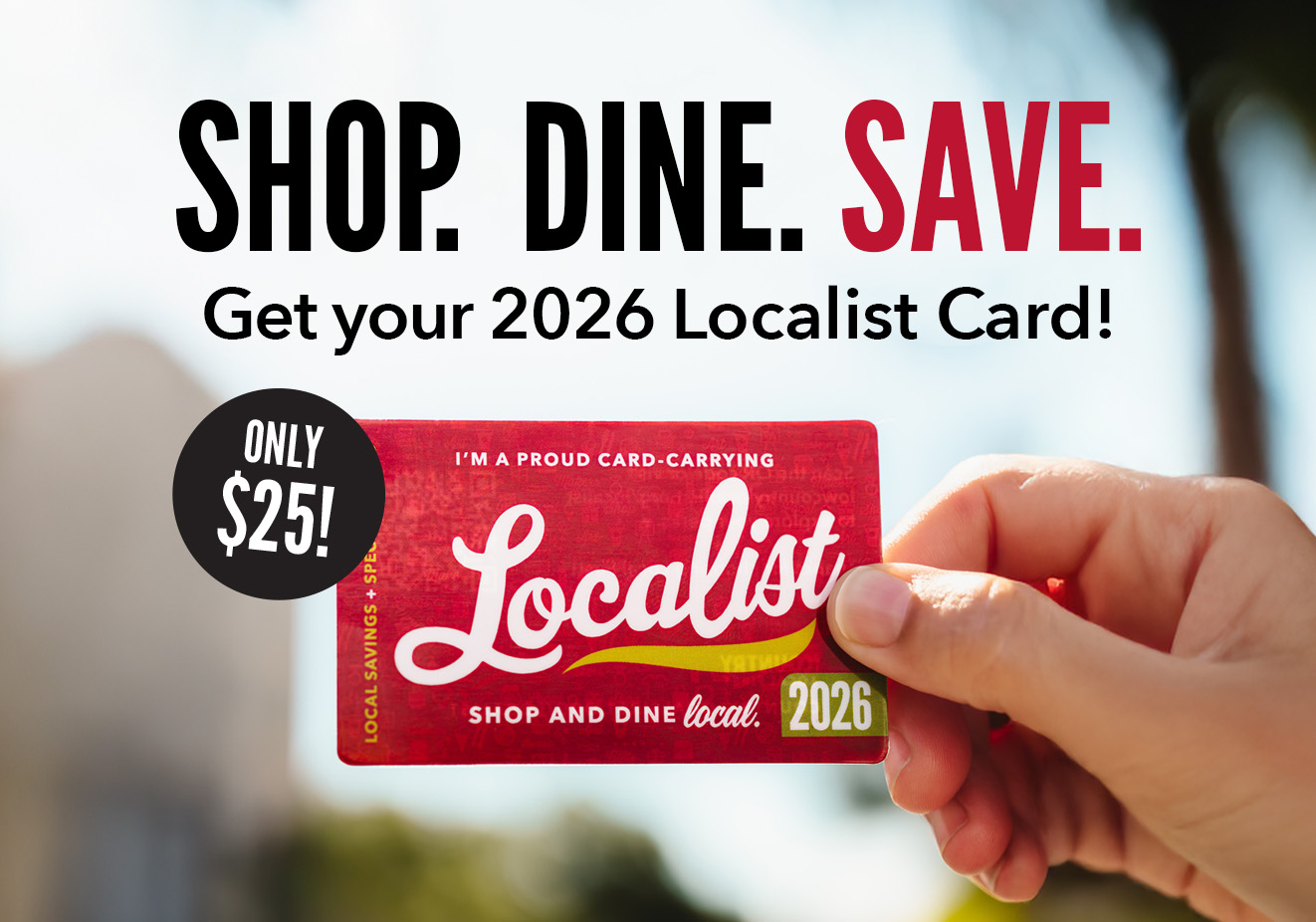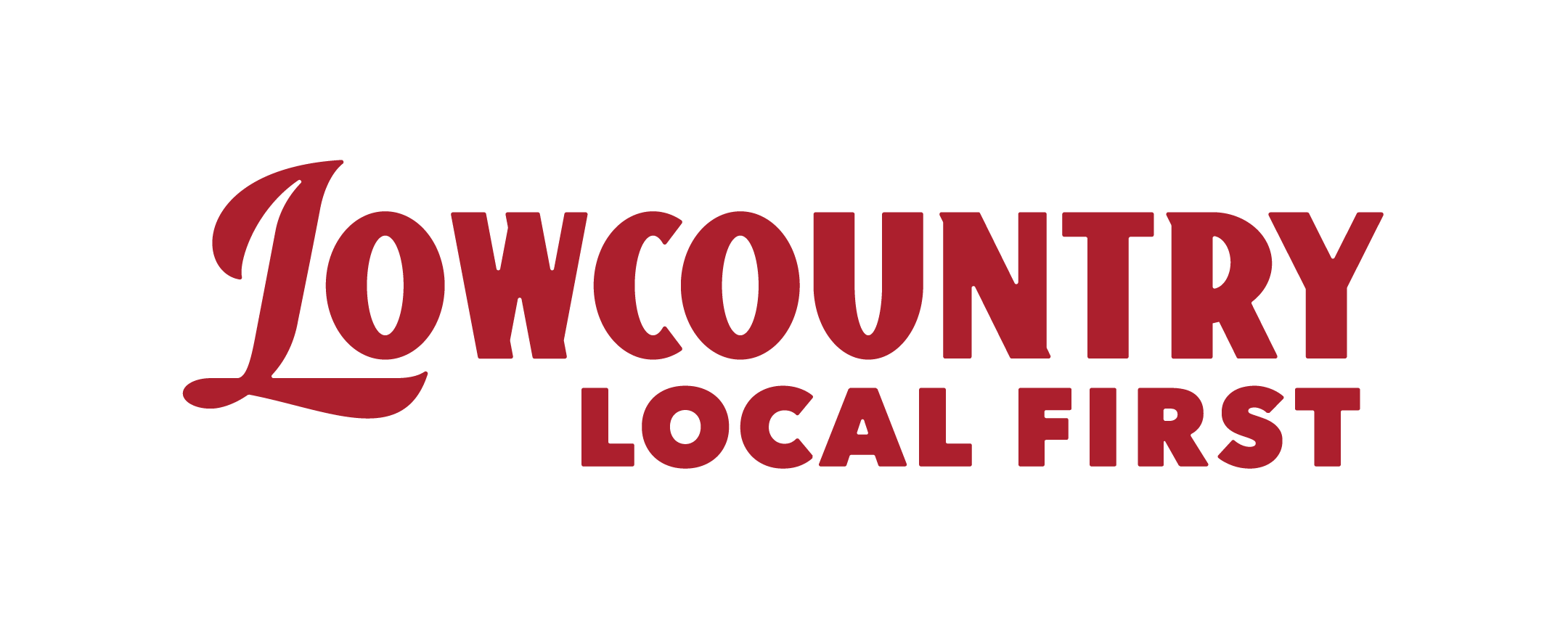Move your Money
You work hard for the money you earn, so why not put your money with an institution and advisors that share your values? Let’s work together to stop money wandering and keep it with those who live and work here. The great news is we have a wealth (see what we did there?) of amazing companies based right here in the Lowcountry to cover every need including: banking, investing, credit card processing, tax assistance, financial planning, securing loans, and more. Lowcountry Local First's "Mindful Money Management Month" campaign in June shines a light on these resources and information, but it's always a good time to move your money! Here’s why:
1. Get the same services at lower cost: National data shows small financial institutions offer the same variety of services at a lower cost and on average offer better interest rates and better terms on loans.
2. Your money supports the local economy: Small and mid-sized banks account for more than half of all business lending. By using a local financial institution you are supporting our local businesses who create a majority of new jobs.
3. Keep decision-making local: Local banks and credit unions make loan approvals based on face-to-face relationships and an understanding of local needs. This often leads to leans that big banks would reject.
4. Local institutions share a commitment to our community: The more a community prospers, the more local banks and credit unions prosper – making local institutions intimately tied to the well being of our place.
5. Support productive investment: The primary activity of most small banks and credit unions is to turn deposits into loans and other productive investment in the community. Big bank resources are generally used to generate profits for the institution and for shareholders.
Provided by New Rules Project’s Community Banking Initiative.
Changing banks can seem like a big task, especially if you’re not clear on the steps involved. But don’t worry, the 6 steps below will help you understand the process and make you feel well prepared. Keep in mind, the knowledgeable staff of the financial institution you choose are there to help you.
1. Choose Your New Community Bank or Credit Union: in most cases, you should be able to open a checking account with an initial deposit of $25 to $100. At a credit union, you’ll also become a member and co-owner at the same time.
2. Order New Checks and an ATM/Debit card: These typically arrive within 1 to 2 weeks. You should also consider applying for a credit card from your new local bank or credit union at the same time, and transfer any outstanding credit card balance at other non-community based institutions.
3. Ask Your Employer to Reroute Your Direct Deposit: When you open your new account, ask the bank or credit union for a direct deposit authorization form that includes your new account information. Give this form to your employer and anyone else who makes direct deposits to your account. It may take one or more pay cycles for the change to be made, so keep your old checking account open and watch for the switch.
4. Contact Companies that Direct-Debit Your Account: Using your last bank statement, make a list of any businesses that you’ve authorized to directly debit your account. Ask your new bank or credit union for an automatic payment authorization form that includes your new account information to send to the businesses on your list, or set up online. Conversely, stop any automatic, recurring payments you have established through your old account.
5. Close Your Old Account: Once you have started receiving direct deposits into your new account and are sure there are no outstanding checks or automatic debits that need to clear, close your old account. Warning: do not just withdraw the last dollar and assume the account will close. Your old dog big bank may start charging you fees for having an empty or inactive checking account. Instead, follow the bank’s procedure for closing out the account.
6. Enjoy Your New Local Banking Relationship!
Did you Move Your Money? We want to hear about it! Post a celebration of your switch to Local on social media using the tag #MindfulMoneyCHS.


